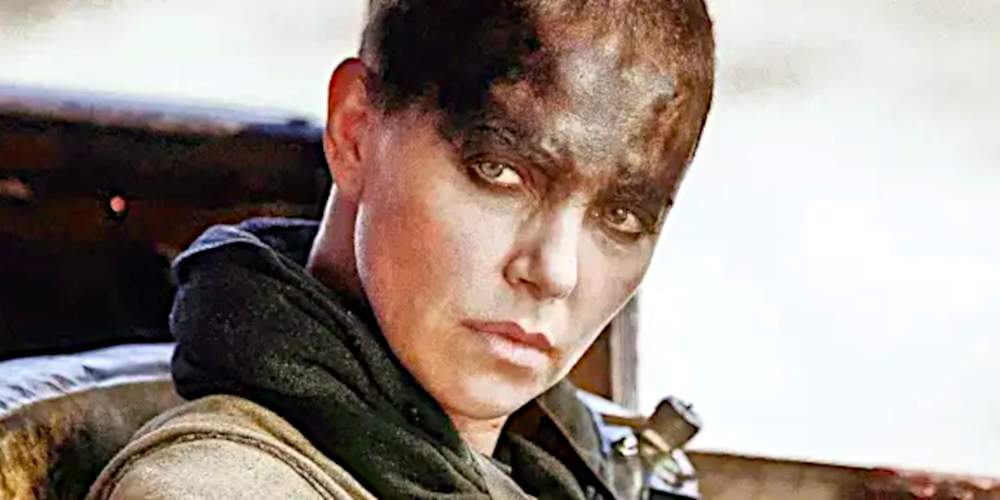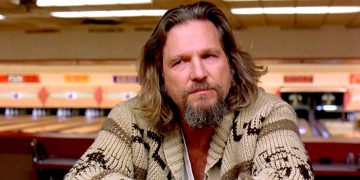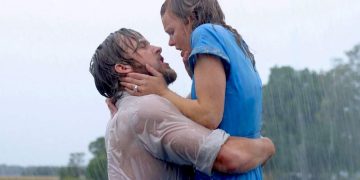People can be difficult in life—that's just part of the human experience. But when it comes to people who work in the most exposed industry of the world, their stories become much more interesting to the public.
You'd think that working on a major motion picture as leading actor would make you feel some sense of humility and humanity, given that you're in a position most would envy. Sadly, it doesn't always work that way.
Indeed, actors and actresses are capable of being as brash, arrogant, selfish, and rude as anybody else out there. More than that, their feels of entitlement can make the workplace a living hell for the rest of the cast and crew who are simply trying to do their best.
Here are some of the most notorious Hollywood actors and actresses who were difficult to work with and made life unnecessarily tough on set for the movies they starred in.
7. Bill Murray (Groundhog Day)
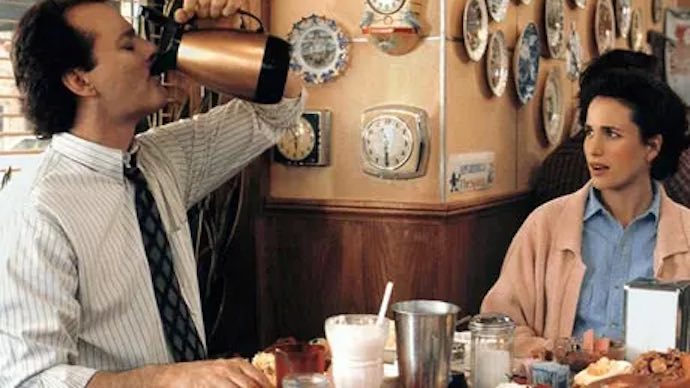
Bill Murray is known for his up-and-down mood swings. In fact, some may even call it a trait! But on the set of Groundhog Day, things went much too far—even for him.
As he partnered up with his dear old pal Harold Ramis, Bill Murray just wasn't in the mood to make any kind of movie because his recently failed marriage was weighing heavily upon him.
So, Murray continually clashed and argued with Ramis, and at one point he even hired a deaf translator to act as their go-between despite not knowing any sign language.
The experience ruined his friendship with Ramis, which wouldn't be fixed until shortly before Ramis' death when Murray visited his dying old friend after twenty years of regretting their fight.
6. Burt Reynolds (Boogie Nights)
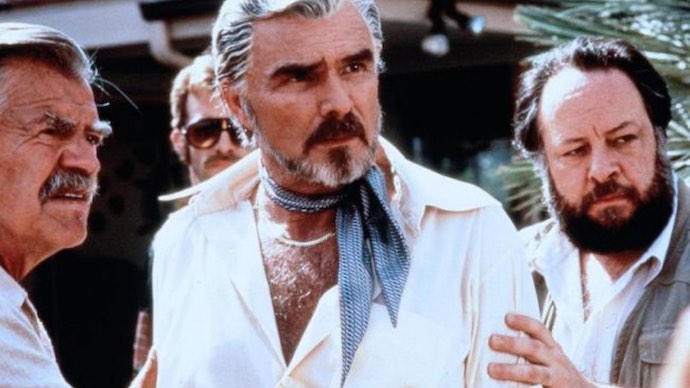
Director Paul Thomas Anderson was only 26 years old when he made his second feature film, Boogie Nights. Unfortunately, famed actor Burt Reynolds didn't like that and they started off on the wrong foot.
For starters, Burt Reynolds had to be convinced to star in the film through significant effort—from Anderson, the studio, and many others. Part of the reason he even agreed to the film was that he was promised an Oscar nomination for playing the leading role of a porn producer.
However, despite agreeing to the role, Reynolds didn't like anything about the experience. He frequently swore at Anderson, made life difficult for the crew, and generally acted miserable at every moment possible.
It wasn't until the film garnered critical and personal acclaim that he started to warm up to the fact he was even in it.
5. Gene Hackman (The Royal Tenenbaums)
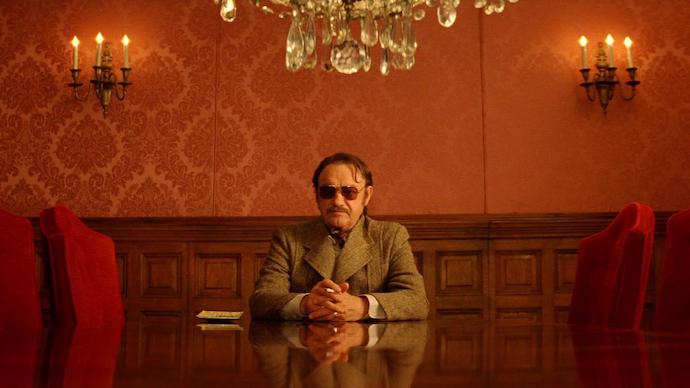
Gene Hackman was at the end of his career when he was asked to star in The Royal Tenenbaums. He had no energy left for making movies he didn't want to make, and he really didn't want to make Wes Anderson's film, but he was persuaded by those around him.
On set, he made Anjelica Huston cry, he called Wes Anderson the C-word in front of the entire crew, and he was a hateful individual to all involved. In fact, the only person Hackman didn't cross was Bill Murray (who came in on his off days at Anderson's request to maintain peace).
After filming finished on The Royal Tenenbaums, Gene Hackman retired from acting and left behind a body of incredible work.
4. Kirk Douglas (Spartacus)
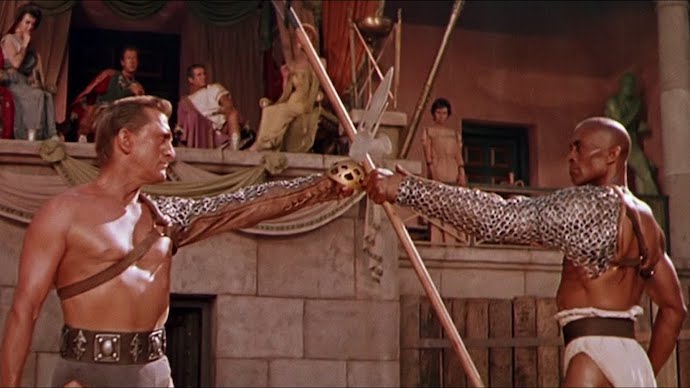
Kirk Douglas was Hollywood's biggest star when he made Spartacus in 1960—and he knew it, as evidenced by his behavior.
First, Douglas broke Hollywood's blacklist by hiring Dalton Trumbo to publicly write the script for the film. Then, he decided to fire the original director days into the shoot. With Anthony Mann gone, he turned to his old friend Stanley Kubrick to finish the film.
Kubrick clashed with his director of photography, telling him to shut up so he could handle the camera shots himself. Kubrick then fired one of the stars when he and Douglas decided it wasn't working out. Both of them fought each other over creative decisions on the shoot.
In the end, Kubrick disowned the film and Douglas. Meanwhile, Douglas's meddling in production led to untold problems. Even so, Douglas later noted that Kubrick was a "talented, talented guy."
3. Madonna (A League of Their Own)
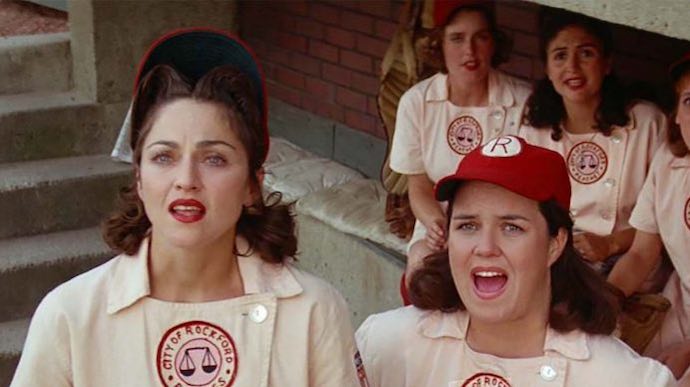
It's a hard job to annoy an entire town on location with your diva-esque demands, but that's what Madonna did when she agreed to star with Tom Hanks and Geena Davis in A League of Their Own.
The music megastar was drafted to play "All the Way Mae" in the film, in which the first women's baseball league got underway during the Second World War. All told, the movie ended up being pretty good.
However, Madonna's demands and treatment of those around her during her days off became a source of contention for Evansville, Indiana—so much so that the town still doesn't like her to this day.
Even when Tom Hanks and Rosie O'Donnell both spent their time performing for extras to keep them entertained in the stands, Madonna staunchly refused.
1–2. Tom Hardy and Charlize Theron (Mad Max: Fury Road)
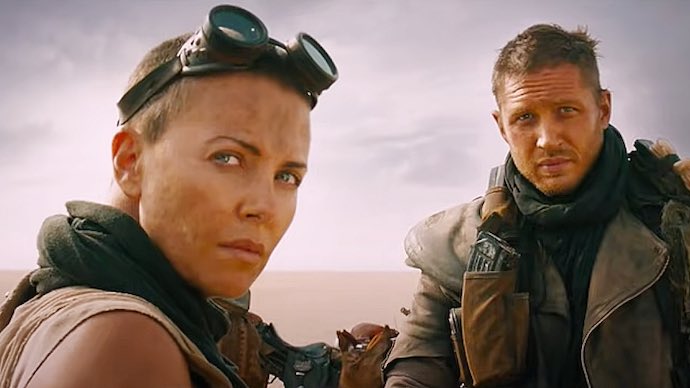
What's better than having one star on set who's reclusive and unfeeling away from the camera? Well, how about if their co-star repeatedly called them out on it, leading to all kinds of major arguments?
During the exhausting filming schedule for Mad Max: Fury Road—which went on for over a year in the desert—Tom Hardy was a loner on set, much like his character in the film. Charlize Theron didn't like Hardy's attitude and got into fights with him over it.
The pair caused the already difficult filming experience to be even worse for those around them, with Zoe Kravitz and Riley Keough both admitting that it made a tiring situation much worse in the long run.
Both Hardy and Theron have more or less apologized for their actions, with both also admitting that they had difficulties understanding George Miller's vision until the film was complete, which contributed a non-insignificant amount to their tension and behavior.
